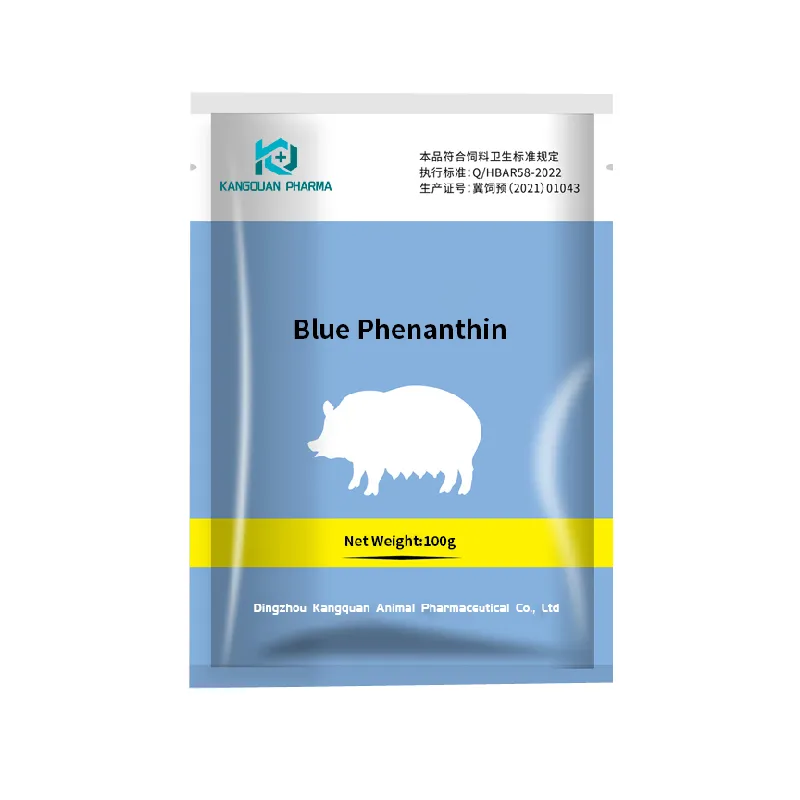- Afrikaans
- Albanian
- Amharic
- Arabic
- Armenian
- Azerbaijani
- Basque
- Belarusian
- Bengali
- Bosnian
- Bulgarian
- Catalan
- Cebuano
- Corsican
- Croatian
- Czech
- Danish
- Dutch
- English
- Esperanto
- Estonian
- Finnish
- French
- Frisian
- Galician
- Georgian
- German
- Greek
- Gujarati
- Haitian Creole
- hausa
- hawaiian
- Hebrew
- Hindi
- Miao
- Hungarian
- Icelandic
- igbo
- Indonesian
- irish
- Italian
- Japanese
- Javanese
- Kannada
- kazakh
- Khmer
- Rwandese
- Korean
- Kurdish
- Kyrgyz
- Lao
- Latin
- Latvian
- Lithuanian
- Luxembourgish
- Macedonian
- Malgashi
- Malay
- Malayalam
- Maltese
- Maori
- Marathi
- Mongolian
- Myanmar
- Nepali
- Norwegian
- Norwegian
- Occitan
- Pashto
- Persian
- Polish
- Portuguese
- Punjabi
- Romanian
- Russian
- Samoan
- Scottish Gaelic
- Serbian
- Sesotho
- Shona
- Sindhi
- Sinhala
- Slovak
- Slovenian
- Somali
- Spanish
- Sundanese
- Swahili
- Swedish
- Tagalog
- Tajik
- Tamil
- Tatar
- Telugu
- Thai
- Turkish
- Turkmen
- Ukrainian
- Urdu
- Uighur
- Uzbek
- Vietnamese
- Welsh
- Bantu
- Yiddish
- Yoruba
- Zulu
नोभ . 17, 2024 11:03 Back to list
Glutaraldehyde Solution Uses in Sterilization and Disinfection Practices
Glutaraldehyde Solution for Sterilization An Overview
Glutaraldehyde, a potent chemical compound, is widely utilized in the field of sterilization and disinfection due to its effectiveness against a broad spectrum of microorganisms
. This colorless liquid is a dialdehyde, primarily used in medical and laboratory settings to sterilize instruments and equipment that cannot withstand high temperatures, such as heat-sensitive medical devices.One of the key advantages of glutaraldehyde is its ability to inactivate bacteria, viruses, fungi, and spores. Typically, a 2% to 3% glutaraldehyde solution is employed for sterilization purposes. When items are submerged in this solution for a recommended duration—often ranging from 10 minutes to several hours, depending on the level of sterilization required—they effectively become free of microbial contamination.
The mechanism of action of glutaraldehyde lies in its ability to cross-link proteins. This process disrupts cell membranes and enzymes, leading to the death of microorganisms. Additionally, its fast-acting properties make glutaraldehyde an appealing choice in emergency situations where rapid disinfection is necessary.
glutaraldehyde solution for sterilization

However, the use of glutaraldehyde is not without limitations. It is considered a potential irritant to the skin and respiratory system, and appropriate safety precautions are essential to minimize exposure. Users should work in well-ventilated areas, utilize personal protective equipment (PPE) such as gloves and goggles, and ensure that the solution is handled in a safe manner. Furthermore, the aldehyde can produce harmful fumes, necessitating the use of fume hoods or other containment strategies during application.
In recent years, the healthcare community has begun to explore alternative sterilization agents that may be less toxic and more environmentally friendly. Despite this, glutaraldehyde remains a standard disinfectant in many settings, especially where traditional methods are not feasible. Its reliability and effectiveness in eliminating pathogens continue to make it a staple in the disinfection protocols for hospitals and laboratories.
In conclusion, glutaraldehyde solution plays a crucial role in the sterilization landscape, providing an effective means of disinfecting heat-sensitive instruments. While its use requires careful handling due to potential health risks, its advantages in combatting infectious agents underscore its significance in maintaining hygiene and safety in various healthcare environments. Scientists and practitioners must remain informed about the best practices for using glutaraldehyde, ensuring it remains a valuable tool in the ongoing battle against infection.
-
Guide to Oxytetracycline Injection
NewsMar.27,2025
-
Guide to Colistin Sulphate
NewsMar.27,2025
-
Gentamicin Sulfate: Uses, Price, And Key Information
NewsMar.27,2025
-
Enrofloxacin Injection: Uses, Price, And Supplier Information
NewsMar.27,2025
-
Dexamethasone Sodium Phosphate Injection: Uses, Price, And Key Information
NewsMar.27,2025
-
Albendazole Tablet: Uses, Dosage, Cost, And Key Information
NewsMar.27,2025













